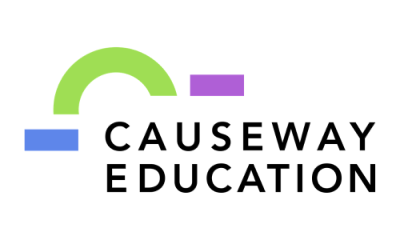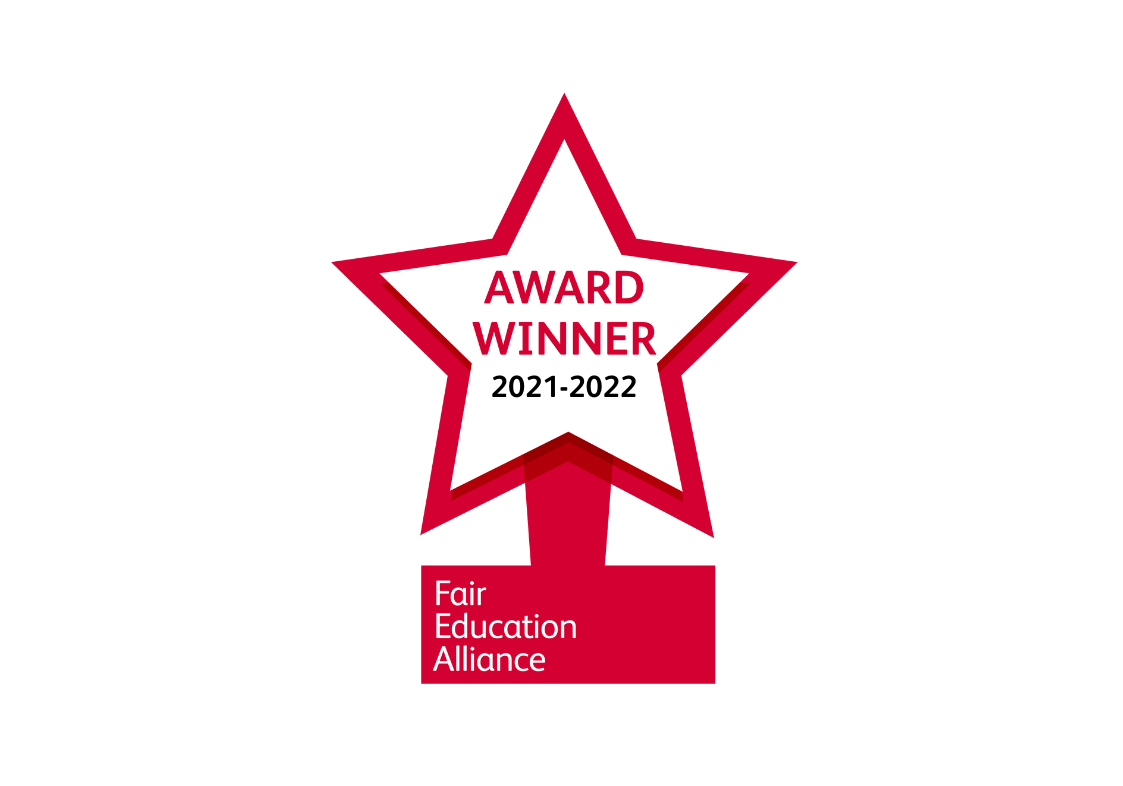How to make Information, Advice and Guidance more effective for students
/Yesterday marked the end of the Office for Students’ consultation on the next steps for improving student Information, Advice and Guidance (IAG). Our Director of Research and Policy, Dr Michael Englard, explains why we think ‘supporting the supporters’ is so important.
The draft strategy shows that improving support for students is an urgent need. For those with an interest in what happens to students they leave school or college, the awkward IAG phrase is never far away. But, as the OfS makes clear, there needs to be a radical re-think of this catch-all term. At present, students are besieged by information but given little guidance in how to use it effectively.
The Office for Students' proposals make a strong case for taking a more personalised approach, which we at Causeway fully endorse. To make long-term systemic change, however, we need new ways of thinking about the underlying problem and innovative programmes to begin to address it.
The dominant discourse around Information, Advice and Guidance tends to position students as singular decision makers, diligently finding information on websites and then occasionally turning to their parents or teachers for advice. For anyone who works with students, the reality is quite different. Student choices are social as well as individual; partly emotional and partly rational. The process by which young people make life-altering decisions is rarely linear and often highly unstable. Crucially, students' decisions are powerfully shaped by the ongoing conversations they have with their key influencers - namely, their parents, friends and teachers. Students from disadvantaged backgrounds rely particularly on these "hot" networks of support rather than the "cold" information provided by websites and search engines.
In other words, if a new approach to Information, Advice and Guidance is to be effective then we need to start by ‘supporting the supporters’ and not to think about them as being peripheral or secondary to student decision-making.
One of the most crucial groups of influencers are, of course, teachers and careers advisers. Given the immense and shifting complexities of the ‘choice landscape’ and the everyday demands of school and college life, teachers need help and training in providing outstanding support to students. One example of this training is our Access Champions programme, which helps senior teachers to improve their school's systems for supporting students getting ready for life after schools or college.
Like the Office for Students, we would like to see long-term sustainable changes which will contribute to their ambitious target of closing the gap in access between the most and least advantaged students within a generation. If we are going to achieve this, we need to ensure that teachers are given the ongoing support and training they need to make a vital difference.













